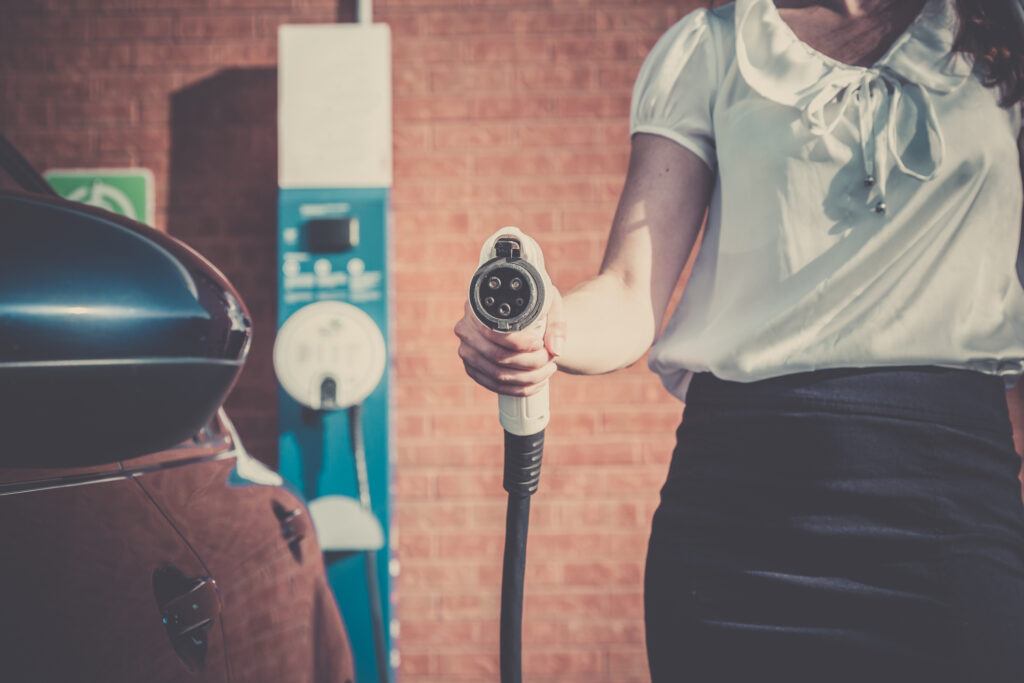All new homes and buildings such as workplaces and supermarkets will be required to install electric vehicle (EV) chargers from next year, the government has today (22 November) announced.
It was a policy first proposed by the government in 2019, before being reaffirmed in the Transport Decarbonisation Plan, released in July.
Alongside new homes and non-residential buildings, those undergoing large scale renovations, those that will leave them with over 10 parking spaces, will be required to install chargepoints.
The plans are to result in up to 145,000 extra chargepoints installed across England in the run up to 2030, the government said.
It continued to state it will be going “further to make it easier and simpler for people to go electric” through measures such as introducing simpler ways to pay while travelling – such as contactless payments – at all new fast and rapid chargepoints.
The Transport Decarbonisation Plan also included commitments to streamline payment methods of EV charging, with this following a government consultation on improving public charging, including by ensuring payment for consumers is as smooth and hassle-free as possible regardless of who operates the chargepoint.
Today’s announcement comes as Prime Minister Boris Johnson is to address the CBI annual conference, where he is expected to say: “This is a pivotal moment – we cannot go on as we are. We have to adapt our economy to the green industrial revolution.
“We have to use our massive investment in science and technology and we have to raise our productivity and then we have to get out your way.
We must regulate less or better and take advantage of new freedoms.”
New data released by Zap-Map last week shows that there are now 27,393 public EV chargers in the UK, with these split between 17,323 locations. Of these, 5,004 are rapid EV chargers, with 180 installed in the last month.
Patrick Reich, co-founder of Bonnet, said the government’s announcement shows a “real commitment” to make sure the country is ready for the 2030 ban on the sale of new petrol and diesel cars, however he added that with around 40% of UK households not having a private driveway, improving accessibility of public charging is also a priority.
“Government and business need to collaborate and invest in improved infrastructure and technology to make sure consumers feel as comfortable as possible when making the switch.”





